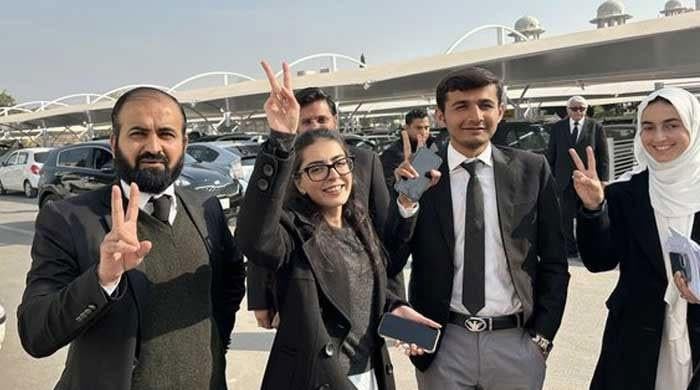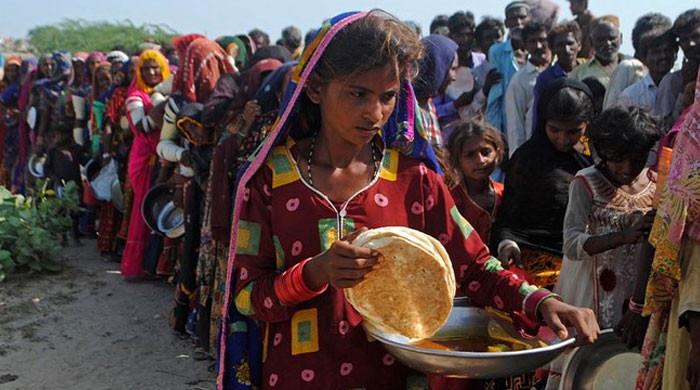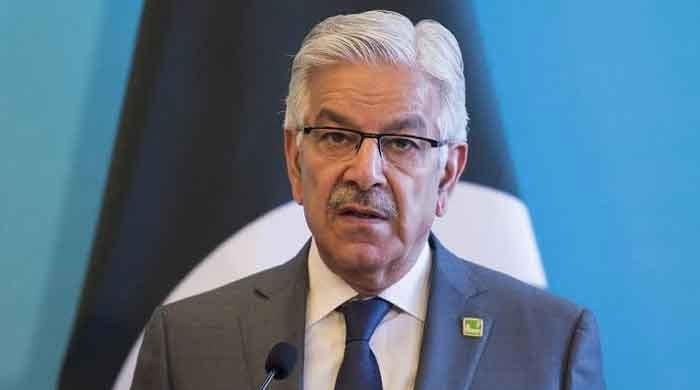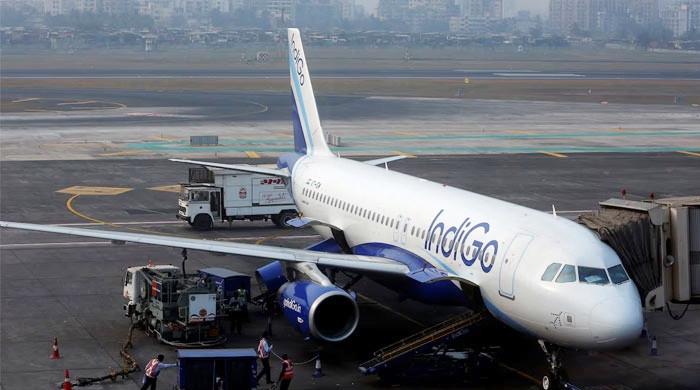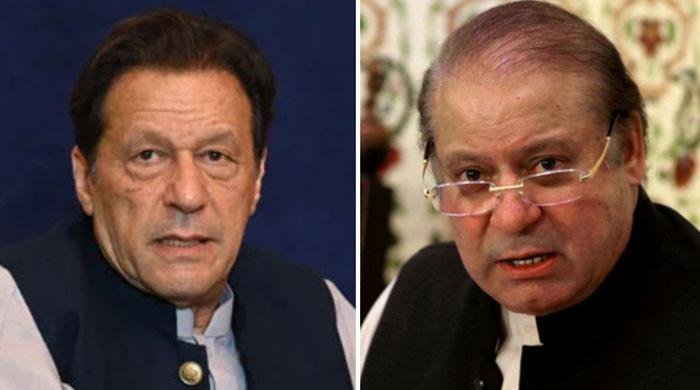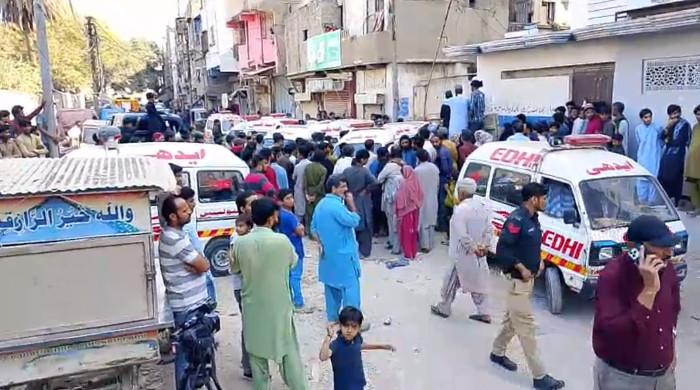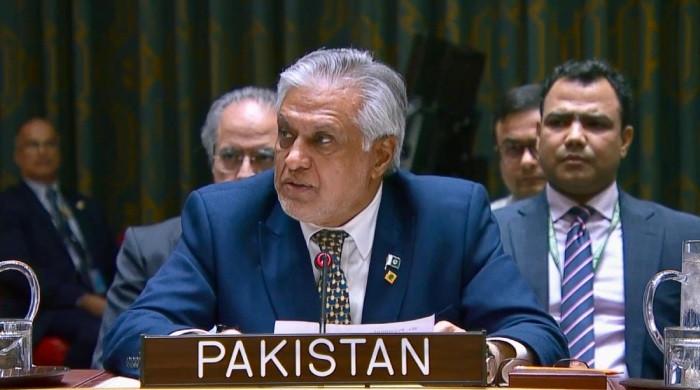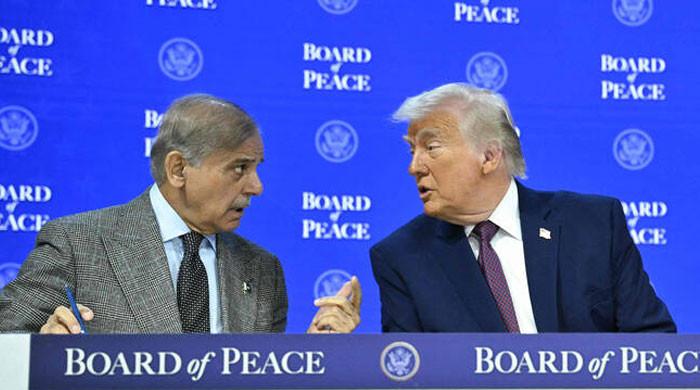Special court decides on Musharraf's medical report today
ISLAMABAD: The special court will decide today on the medical report of former president General Pervez Musharraf while the ruling on the application of the Criminal Procedure Code against the...
January 09, 2014
After receiving the medical report of Pervez Musharraf from the Armed Forces Institute of Cardiology (AFIC) on Tuesday, the three-member special court, hearing the treason trial, had ruled that it would examine the reports and would deliver its verdict today (Thursday). The court, headed by Justice Faisal Arab, however, granted an exemption to the former president from appearance before it for two days.
The court, after hearing the arguments of both the defence and prosecution on the applicability of the CrPC, reserved judgment on the matter and ruled that it would be announced tomorrow (Friday).
Special Prosecutor Muhammad Akram Sheikh, while responding to the objections raised by the defence side on the constitution of the special court, submitted that there was no flaw or weakness in the formation of the special court to try the former military ruler in the high treason case.
He contended that there was no weakness or vacuum in the formation of the special court and if there was, then the state or other general laws will be applied at that point. He argued that the treason case proceedings were of criminal nature and the Supreme Court had already declared that crimes under the Army Act will be tried under the criminal code.
He further submitted that in 1980, the Supreme Court had declared that criminal code will be applied to all such occasions where the special law was not applied. Arguing on the maintainability of the CrPC, the special prosecutor submitted that under the special laws, the criminal proceedings were implementable in the case.
In this respect, Akram Sheikh referred to various judgments wherein the Criminal Law Amendment (Special Court) Act 1976 was applied to the proceedings of the special court.To a court query as to whether the special court has the powers to grant bail to an accused or not, Akram Sheikh replied the special courts shall have the powers, except the powers that the high courts have.
Earlier, Anwar Mansoor Khan, counsel for Musharraf, while arguing before the court, submitted that the instant proceedings were not criminal but constitutional.Dr Khalid Ranjha, another lawyer of Musharraf, contended that no other court could proceed against his client and only the military court had the jurisdiction to conduct the trial of a former army chief.
Dr Tariq Hassan, a lawyer from the prosecution side, said there was a universal principle that empowers a court to determine its own jurisdiction.
To support his argument, Dr Tariq Hassan pointed out that the Sub-section 3 of Section 3 of the Criminal Law Amendment (Special Court) Act 1976, whereunder only the special court had the jurisdiction to transfer the case to military court or any other court after determining upon presentation of the evidence that it did not have jurisdiction in the matter.Meanwhile, the court adjourned the hearing till today (Thursday).




